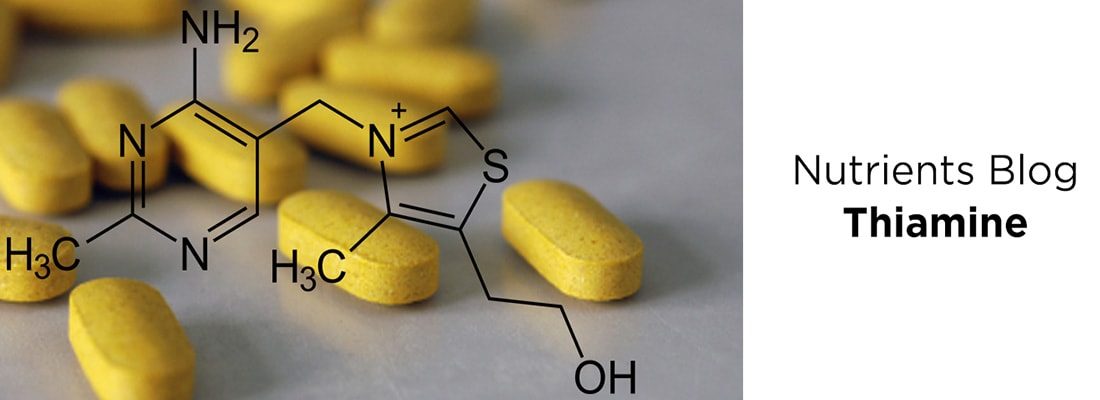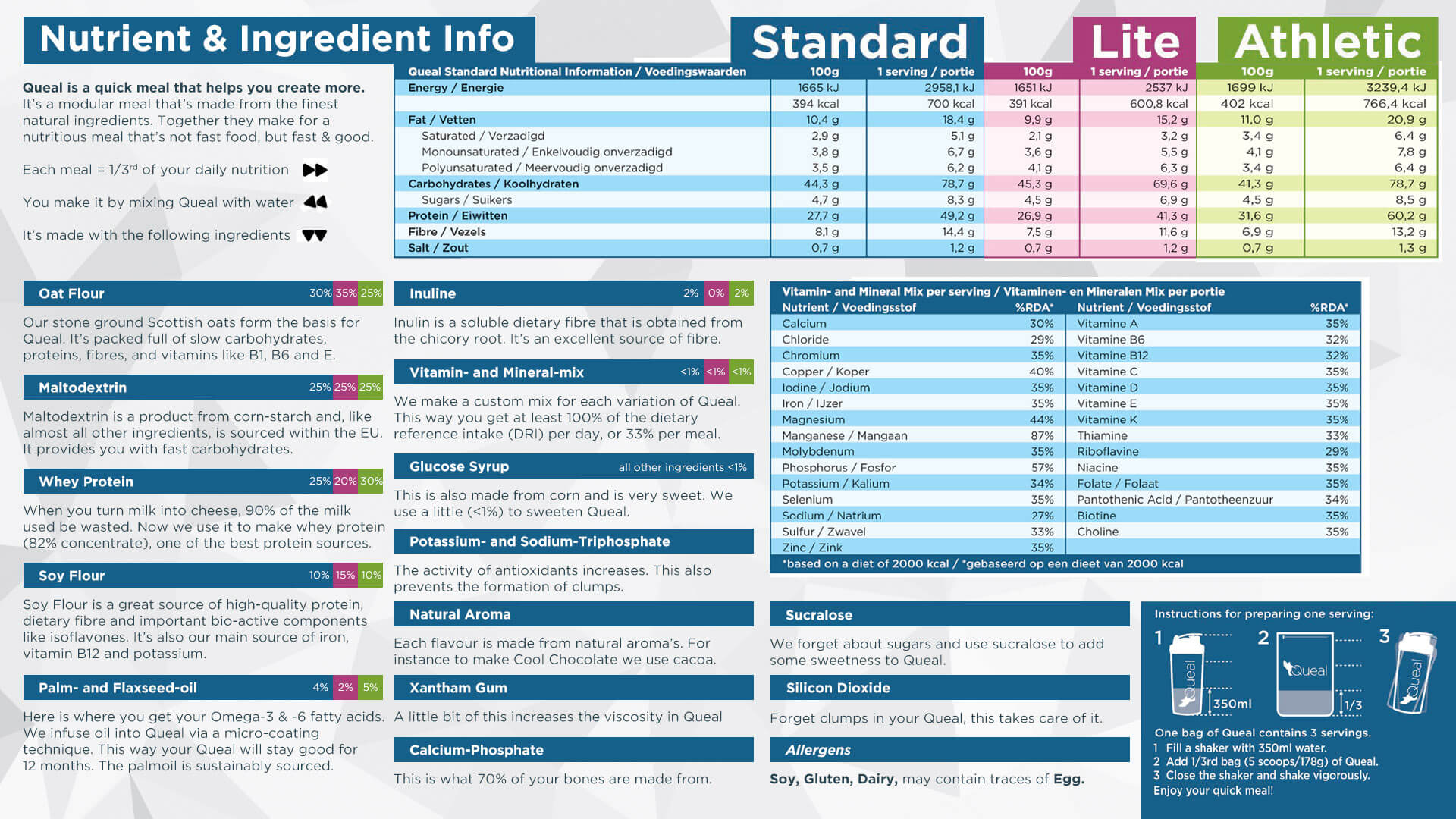
Thiamine – The First B Vitamin (and fighter of Korsakoff’s Syndrome)
Thiamine is also known as Thiamin, Vitamin B1, or Aneurin. The name comes from thio-vitamin, which in turn means sulfur-containing vitamin. Fun fact, the most well-known form of thiamine (thiamine pyrophosphate, TPP) is required in the first step of alcoholic fermentation.
It is mostly ingested through bread, grain-based products, and potatoes. It is also present in meat and dairy. You will only find trace amounts in white bread, this is because the white flour will miss the layer in which Thiamine sits. In the USA and Australia, companies are required to add this back in.
Thiamine is invaluable in the process of catabolising sugars and amino acids. Its phosphate derivatives are essential in various cellular processes. It’s sometimes called an “anti-stress” vitamin because it may strengthen the immune system and improve the body’s ability to withstand stressful conditions.
Without Thiamin, nerve cells can’t do their business
A lack of thiamine can result in Korsakoff’s syndrome, various neurological problems, and/or cardiovascular problems. Therefore a long-term deficiency of thiamine could be fatal. In less extreme forms a thiamine deficiency shows itself as weight-loss, irritability, confusion, and general malaise.
An overabundance of thiamine is not dangerous, as the excess is easily expelled by the body through the urine.
The EFSA recommended daily intake amount for thiamine is 1.2mg.
Queal holds 1.2mg of thiamine, an RDA of 100%.
Thiamin is naturally occurring in our Scottish Oats. Thiamine Mononitrate is added to ensure that one bag of Queal is equal to 100% of the RDA.




No Comments